Are you tired of seeing your lovely plants eaten away by pests you’ve spent months nourishing? If so, then it’s time to consider planting pest-repelling greenery in your garden.
As a gardening enthusiast, it’s always a struggle to protect your plants against mosquitoes, flies, rodents, and other pests. But not anymore! Here are eight natural plants that will not only keep the pests away but also enhance the aesthetics of your place.
Basil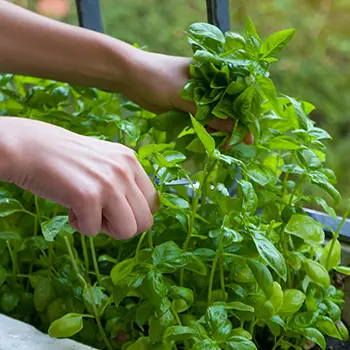
Basil, an aromatic herb, repels mosquitos, houseflies, beetles, and other pests due to its distinctive smell. Its bug-repelling property is due to the presence of four volatile compounds, i.e., estragole, citronellal, nerolidol, and limonene. You can plant basil in pots and use basil oil or dried basil leaves to keep the bugs away.
Not only is basil an effective repellent, but it also contains healing properties. You can crush basil leaves and apply them to the skin areas infected by insects. To ensure the longevity of the basil leaves, place them in well-drained, moist soil and water them at the base.
Best For Repelling: Flies, Mosquitoes, and Aphids
Lavender
Lavender, though quite commonly used in homes for fragrance, is a natural repellent to mosquitoes, flies, and other pests. The essential oils of lavenders exhibit an 89.0% repellent effect against a mosquito species, Anopheles Stephensi. So, you can use lavender oil or dried bouquets around the garden or house to keep the pests away.
Put them in sandy, slightly alkaline soil and expose them to full sun to thrive longer. Apart from deterring pests, it can also be used for stress/anxiety relief, cooking, and improving hair growth.
Best For Repelling: Moths, Fleas, and Mosquitoes
Marigolds
Marigolds are mostly known for their vibrant colors that attract butterflies and bees. However, these boast an intense aroma that repels mosquitoes, flies, and wasps. While these come in many varieties, go for strong-scented ones rather than modern hybrid plants.
In addition to pest-repelling aroma, some varieties of marigolds also release toxic chemicals from their roots to fight root-knot nematodes (microscopic roundworms). Keep it in full to partial sunlight and place it in well-drained soil to increase its lifespan.
Best For Repelling: Aphids, Nematodes, and Mosquitoes
Garlic
If you are searching for an organic pesticide, garlic can be your go-to choice. Garlic contains a pungent smell that deters many pests, including aphids, beetles, and others. The odor is released by converting amino acids to allicin when garlic is crushed, blended, or cut. Hence, when plants absorb garlic extracts, it causes the insects to repel away.
You can use garlic sprays over the plants to keep the pests away. Make it at home, buy it from the market, and test it over a small plant section you want to protect. If there is no yellowing, or the leaves do not turn brown, you can use it over the whole plant.
Best For Repelling: Aphids, Japanese beetles, and other garden pests
Catnip
Catnip, a member of the mint family, has proved to be an effective repellent against pests. It contains a chemical called nepetalactone that activates the chemical receptors in insects, causing a sensation of pain or itching. Studies have shown that catnip oils are more effective in deterring mosquitos than the chemical DEET used in artificial pest repellents.
Catnips are easy to grow and go up to three or four feet tall. It grows best in full sunlight and requires good drained soil.
Best For Repelling: Mosquitoes, Cockroaches, and termites
Onion
If you are looking for an easy way to keep the pests away from the plants, onions are the most inexpensive choice. Onions contain sulfur that emits a foul smell, causing the pests to repel away.
There are different ways to use onions to protect your favorite plants. You can make DIY onion sprays, use onion peels, or plant onion seedlings. Onions require full sun exposure and loamy and well-drained soil to sustain and grow.
Best For Repelling: Aphids, carrots, flies, and cabbage worms
Rosemary
Rosemary is well known for its insect-repellent properties due to its strong smell and natural oils. This herb comes in different shapes and sizes, so it can be an excellent choice to plant in your home garden. You can put a container near your windows or patios and place it directly in flower beds to keep the pests away.
Besides that, you can also use rosemary oil to deter mosquitoes, flies, and other insects. It is an effective repellent and appears excellent as a flowering bush. This herb grows well in warmer climates.
Best For Repelling: Slugs, beetles and mosquitoes
Chrysanthemums
Whether your garden is surrounded by pickle worms, ticks, bugs, aphids, nematodes, or other insects, chrysanthemums keep them away. These flowering plants are quite famous for their repelling properties because they naturally contain pyrethrum. It is a compound commonly used in synthetic insect repellents.
They are colorful and easy to grow, making them an easy choice to protect your garden from pests. They require full sunshine, good moisture, and food to thrive.
Best For Repelling: Aphids, Spider mites, and Leafhoppers
Overall, pests can be a real nuisance, but you can get rid of them using natural pest control solutions. Whether you plant basil, rosemary, lavender, onion, catnip, or garlic, these all contain pest-repelling properties to keep bugs away from your garden.
So. use these plants as natural pest repellents to safeguard your garden and let the plants bloom throughout the season!
DIY Self-Watering Raised Garden Beds
The “Painkilling Plant” That Grows in Most Backyards (Video)

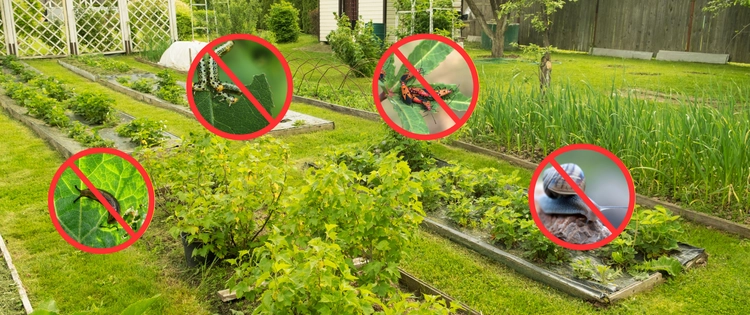
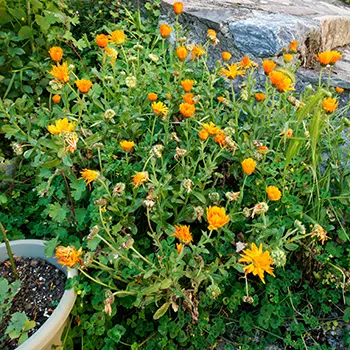
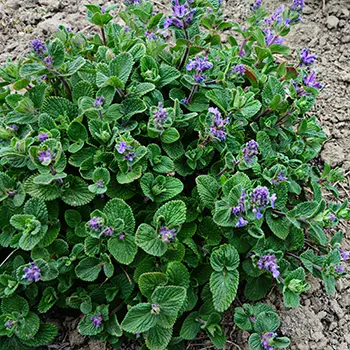
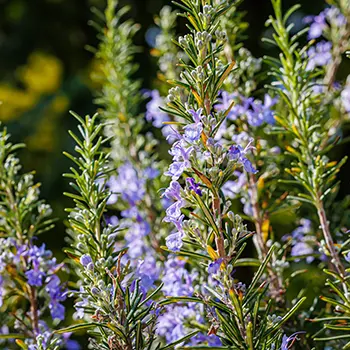









This article contains so many linguistic and other errors that the credibility of the entire essay is brought into question. If you’re going to use AI to create your content please use a human proof reader. Until this nonsense is cleaned up I won’t be buying any more products from you.